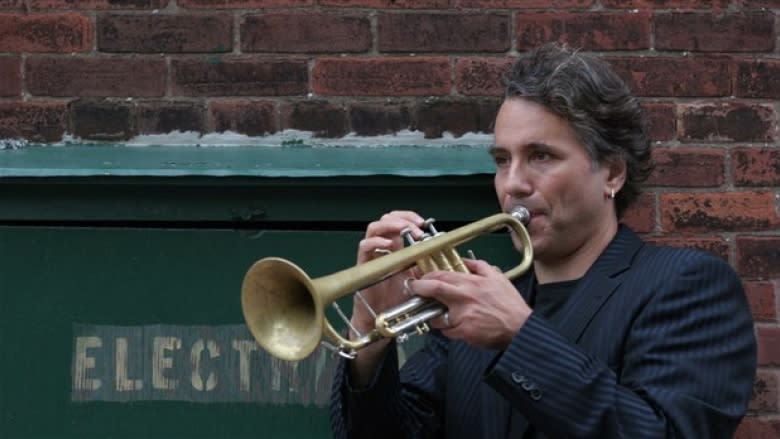Rare Yiddish songs to make their world premiere in Toronto tonight
Thousands of Yiddish songs written by Soviet Jews during the Second World War thought lost to history will be performed in Toronto Wednesday night for the first time in nearly 70 years.
The songs of survival, heartbreak and resistance, dating back to 1947, were discovered by archivists in the manuscript department of the Ukrainian National Library and will make their world premiere at the Richmond Hill Centre for the Performing Arts.
Yiddish Glory: The Lost Songs of Life and Fate will be performed by an ensemble featuring four Torontonians — jazz singer Sophie Milman, trumpeter David Buchbinder, Alexander Sevastian, who is widely considered one of the world's greatest accordionists, and acclaimed clarinetist Shalom Bard.
Anna Shternshis, a professor of Yiddish and Diaspora Studies at the University of Toronto, said it's "a scholar's dream to see these songs transcend the ivory tower.
"This is great stuff, it is too good to just keep to the scholars," she added. "It is so genuine because it is the real voice of people during that time."
Revenge against Germans
"First of all, they have this major theme of revenge against the Germans, (there's) a lot of mention of violence and talk of guns," she said. "Back then, the thought of a Jewish person with a gun was a novelty."
Interestingly, many songs "are unapologetically supportive of Stalin, although that opinion probably changed in latter years," Shternshis said.
Scholars collected the material in the 40s, she said, but the documents were confiscated after they were arrested.
"After the scholars were released, they thought the pieces were gone for good. They never even told the people around them about the collection," Shternshis said. "No one knows how they got from the secret police to the library so they created a registry of them and let them lie there."
Sophie Milman says the songs resonate with her since they're "essentially the story of my grandparents."
"There were family members who fought the Germans, who died, who survived, who moved countries," Milman said. "Even if you are a generation removed, you are not removed from the stories of that experience."



